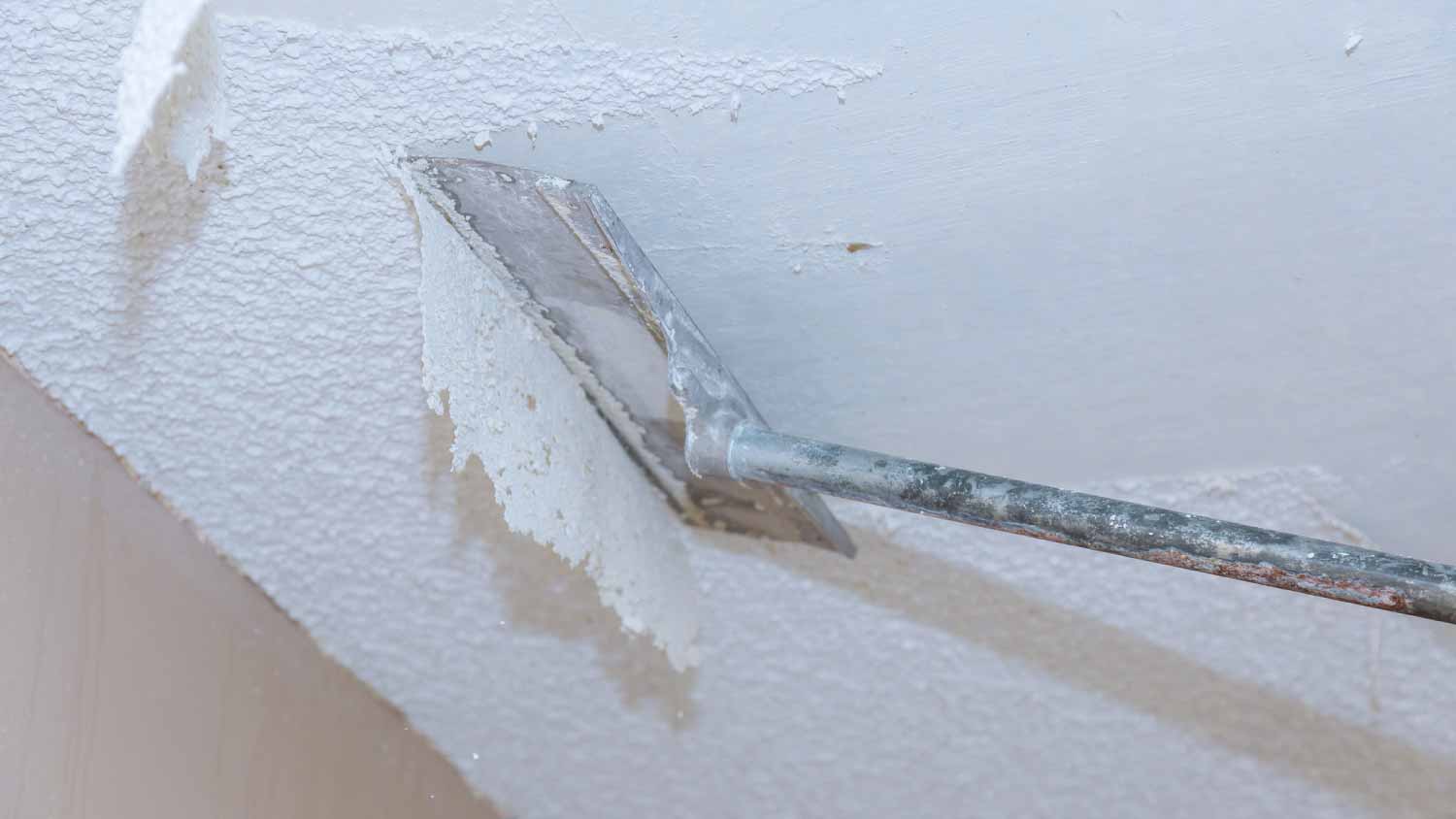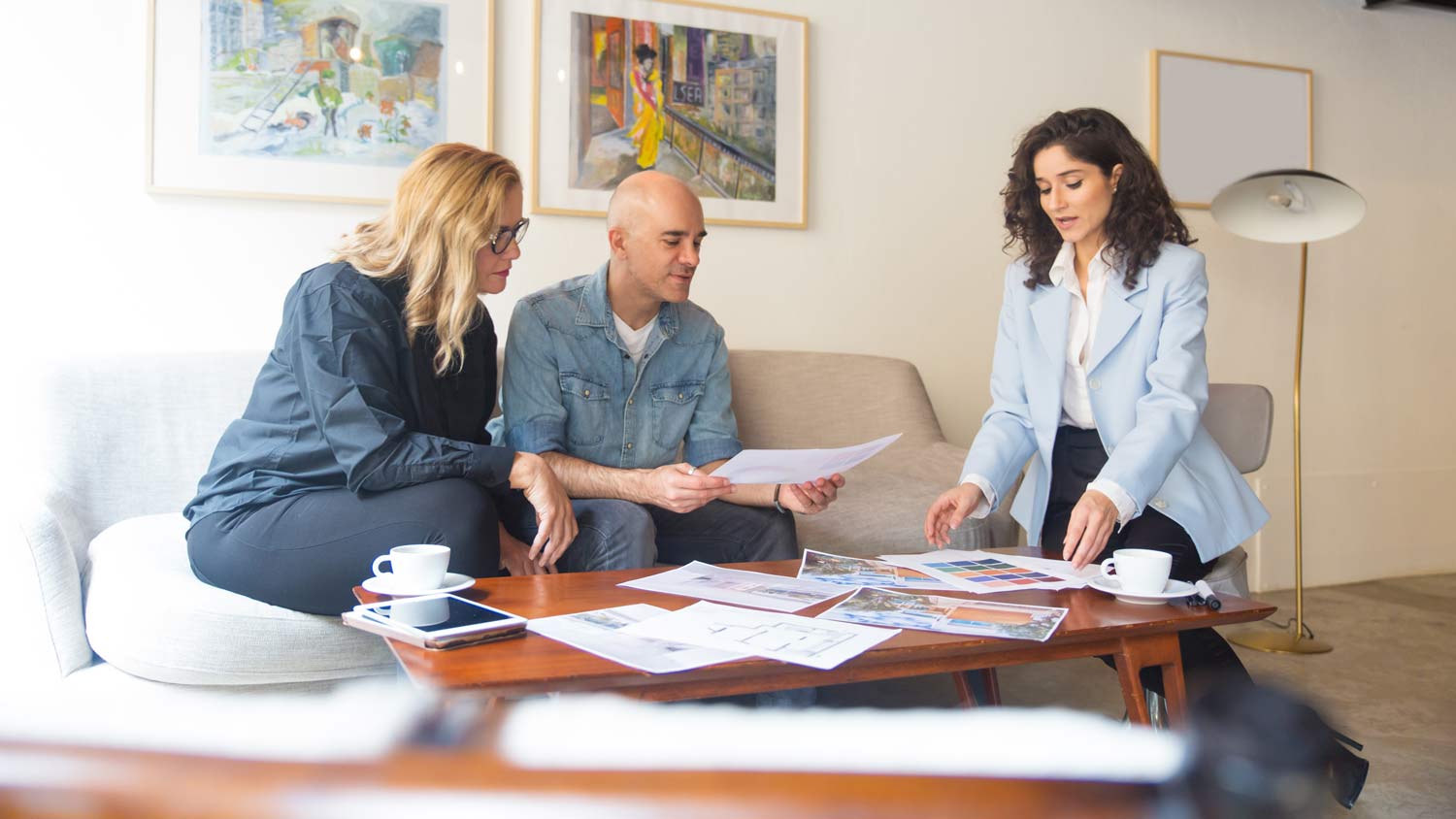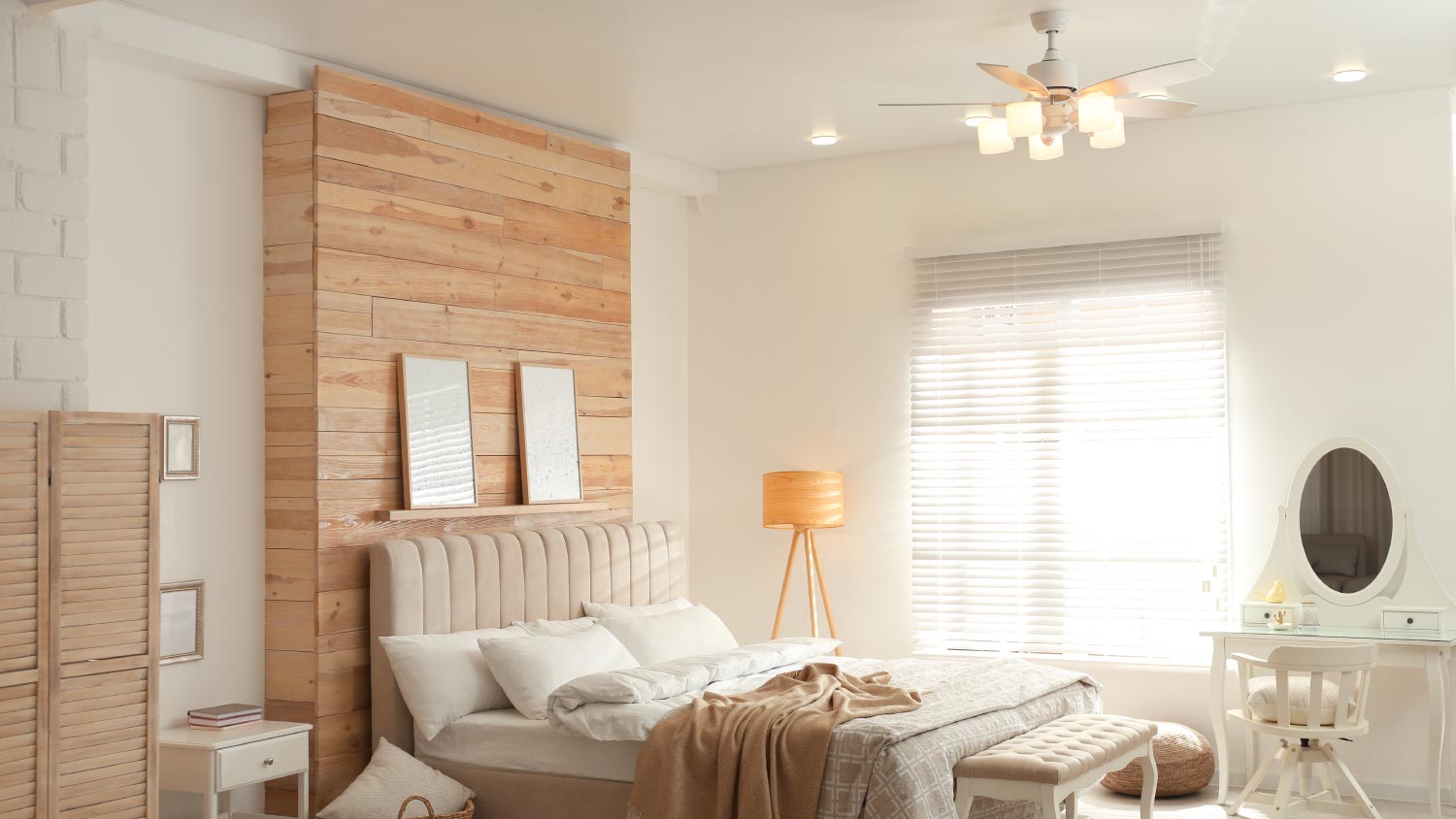
Need a little extra room for clothes storage in your home? Learn about the average cost to build a closet, some cost factors to consider, and more.



Most interior designers have at least a four-year degree, if not an advanced degree in interior design. Additionally, many states require interior designers to be licensed. If your state does not require licensing, interior designers can take a licensing exam with the National Council of Interior Design Qualification (NCIDQ). Overall, licensing requirements vary from state to state, but most licenses require certain education levels and experience to qualify. To check the qualifications of your interior designer, use Angi’s state licensing tool.
The difference between an interior designer and an interior decorator is that the interior decorator focuses on the space’s colors, furniture, art, and finishes. An interior designer goes beyond that to plan and execute layouts, structural changes, and overall functionality in addition to aesthetics that the decorator manages. We recommend hiring an interior designer for major remodeling projects and hiring an interior decorator to establish or enhance your home’s interior style.
On average, hiring an interior designer costs about $8,200, ranging from $200 to $65,000, depending on where you live, the size of your home, and the type of decor. The total price tag of interior design services is based on whether they provide consultation and implementation as well as any specialty design services, such as home staging or digital design mock-ups. Residential interior designers typically charge an hourly rate of $50 to $200 per hour, or up to $500 per hour in areas with high demand.
Hiring an interior designer is often worth the investment, especially for larger projects beyond DIY interior design and project management skills. However, the decision to hire an interior designer depends on your budget and the size of the project. Some benefits of hiring an interior designer include:
Realizing the best layout and decor for optimal functionality of the space for your taste, budget, and lifestyle
Managing your project to keep the job on track and within budget
Assistance with home staging ahead of home sale
Serving as a point of contact for contractors
Accessing discounts from local suppliers
Before hiring an interior designer, ask a few questions to better understand how they work, what’s expected of you, and what they promise to deliver.
How long will the project take to complete?
What type of services do you offer?
Can you provide a project estimate?
Do you work with subcontractors?
Are you licensed or certified in this state?
Do you have a portfolio of previous work I can review?
May I contact your customer references?
How do you handle change orders?
How do you handle payment?
From average costs to expert advice, get all the answers you need to get your job done.

Need a little extra room for clothes storage in your home? Learn about the average cost to build a closet, some cost factors to consider, and more.

Wondering how much it costs to remove an acoustic ceiling? Get cost estimates, key factors, and expert tips to help you plan your ceiling update.

The cost to replace trim depends on factors such as style, material, and whether you hire a pro. Find out what your budget could look like for this project.

If you’re getting ready to install some trim or molding inside your home, here are some of the questions you should expect to discuss with a pro.

Create a stunning and functional home or remodel with an interior designer. Follow these common interior design questions to prepare for working with a pro.

Discover the average cost of stretch ceiling installation, key price factors, and ways to save. Get transparent pricing to plan your stretch ceiling project.